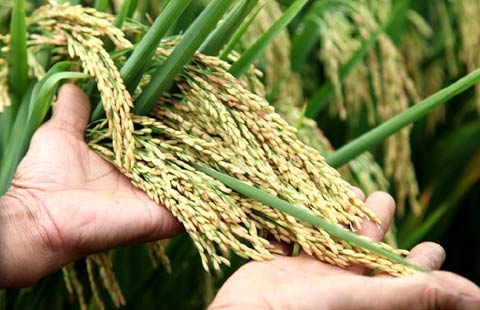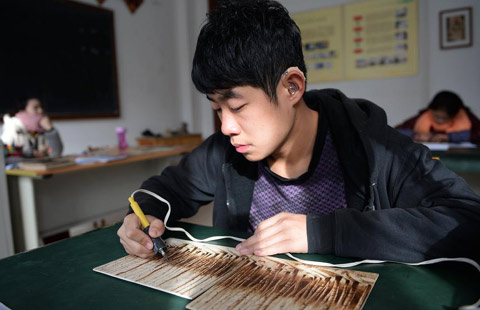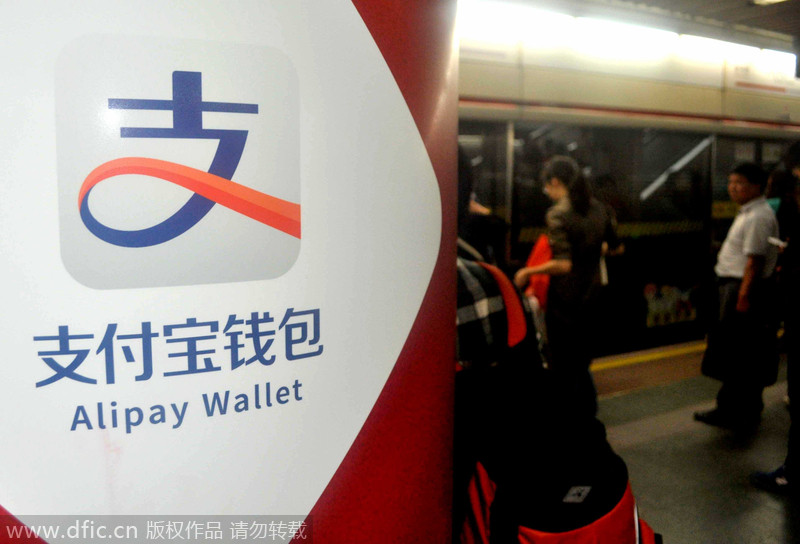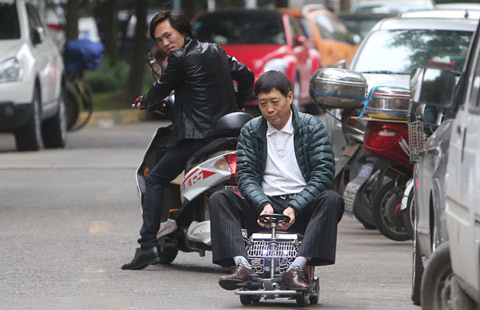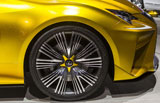Rising tourist site fees stir criticism
(Xinhua) Updated: 2012-05-07 09:17JINAN - Rumors of a possible entrance fee hike for a memorial site devoted to ancient Chinese philosopher Confucius in east China's Shandong Province has sparked anger on the part of netizens, many of whom believe ticket prices for Chinese tourist sites are too high.
"It cannot be seen as an example of world cultural heritage if its entrance fees fail to match its status," a person claiming to be a publicity official from the city of Qufu, the home of the memorial site, was quoted as saying on May 2 on Netease, a popular Chinese web portal.
The memorial site and its accompanying attractions, including the Confucius Temple, the Kong Family Mansion and the Confucius Cemetery are classified as world heritage sites by the United Nations Educational, Scientific and Cultural Organization (UNESCO).
"We charge tourists only 150 yuan ($23.8), but other places of the same kind charge more," the anonymous official said. "For example, the cost to visit Lushan Mountain in Jiangxi Province is 180 yuan, while that of Yellow Mountain in Anhui Province stands at 230 yuan."
Amid heated discussion of the topic on China's microblogging sites, local authorities in Qufu came out to deny their veracity.
"The Confucius Temple, the Kong Family Mansion and the Confucius Cemetery charge no more than 100 yuan for tickets, a price that was set in 2007. It has not changed since and will not change in the near future," said Kong Deping, head of the Qufu tourism bureau for cultural relics.
Analysts say huge public outcry over the tendency of the country's tourist spots to raise ticket prices may have forced Qufu's tourism authorities to shelve any ticket hike plan.
More than 1 million microblog posts at weibo, Sina's microblogging service, are about the ticket price hikes of the country's tourist spots.
A widely circulated post complains that ticket prices of China's tourist spots are already very high. It says that the ticket price of Zhangjiajie, a famous scenic spot in central China's Hunan Province, is three times that of the Louvre Museum in France. Money spent on the ticket price for Jiuzhaigou, a scenic spot in southwest China's Sichuan Province, may well cover the combined ticket expenses for the Yellowstone Park in the United States, Taj Mahal in India and the Fuji Mountain in Japan.
An online survey conducted by the Nanfang Daily indicated that 86 percent of respondents believe tickets for tourist spots are too expensive. About 80 percent of those polled said they would like to see entrance fees dip below 100 yuan.
Research conducted by the Nanfang Daily showed that ticket prices at half of the country's 130 top tourist spots are more than 100 yuan. Of the total more than 10 percent have ticket prices exceeding 200 yuan.
More than 20 tourist sites are expected to raise their ticket prices by 20 to 60 percent with the arrival of the peak tourist season over the next few months, Economic Information reported on April 25.
Netizens say as ticket prices continue to rise, more and more people will stop at the gates of these tourist spots. Furthermore, it may set off a chain reaction and trigger price hike in other sectors.
Among the posts, those that introduce novel fare dodging techniques drew a large number of followers.
Many netizens say they think local governments and tourism departments should reduce their reliance on ticket revenues and diversify their profit models by developing local service industries.
"West Lake in Zhejiang Province is a top scenic spot that doesn't charge an entrance fee. This encourages tourists to stay longer, thus boosting consumption related to food, accommodation, shopping and transportation," a netizen using the screenname "Jane Deninan" said.
Qufu authorities said the city will take effective measures to increase local revenues by expanding the development of tourism-related shopping, recreation and accommodation.
- Investment 'welcome' in oil and gas
- China's budget aviation sector has new comer
- Economist warn of entailing risk after rate cuts
- China's 2014 online audio-visual market revenue tops $6b
- Best Buy bids adieu to China after struggle with high costs
- China's grain output rises 0.9% in 2014
- Hotpot chain to raise $129m in HK to increase outlets
- Haitong Securities in talks to buy BES unit

